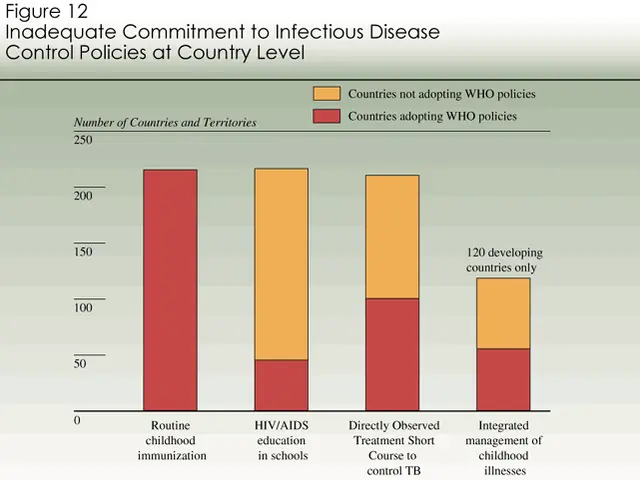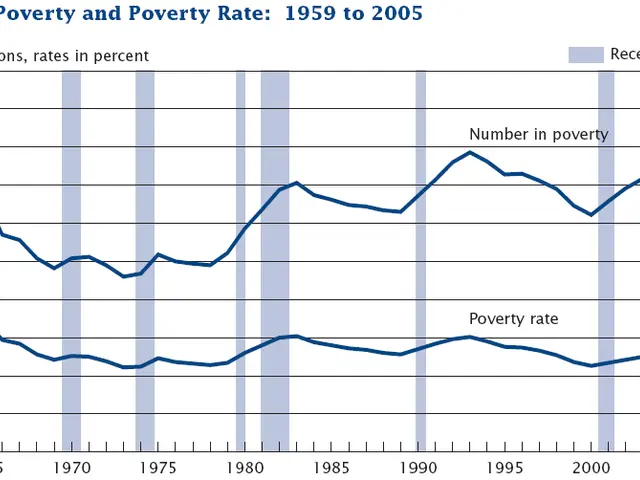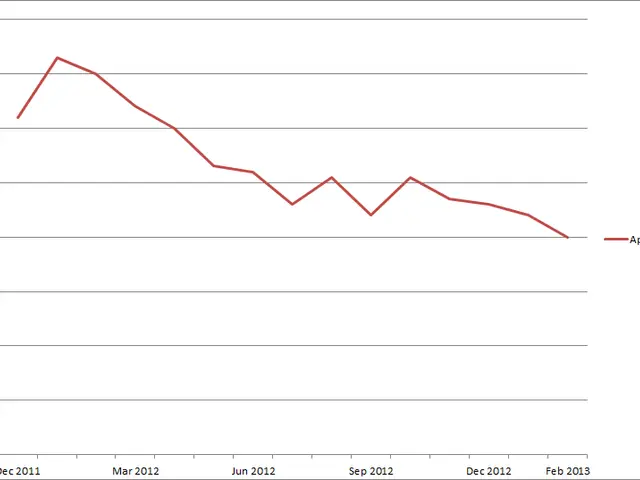Ifo Institute Unveils Complexity of Germany's Social Benefits Landscape
A groundbreaking study by the Munich-based Ifo Institute has shed light on Germany's complex social benefits landscape. The 'Initiative for a Capable State' and the Ifo team have identified a staggering number of benefits, highlighting the need for greater transparency and simplification.
The Ifo Institute's AI-assisted study uncovered over 500 individual social benefits that citizens must apply for separately. These benefits are regulated mainly at the federal level by about 29 agencies and overseen by 7 to 8 federal ministries, including the Federal Ministry of Labour and Social Affairs (BMAS) and the Federal Ministry of Health (BMG). However, the implementation of these benefits varies across the 16 states and 400 local authorities, leading to perverse incentives.
The Ifo team aimed to provide a systematic overview of these benefits, determining eligibility, usage, cost, and administrative burden for each. However, they found that necessary data does not exist, indicating a significant gap in Germany's social welfare data collection. To address this, the Ifo team has compiled a comprehensive inventory of all federal social benefits, marking a first step towards greater transparency.
The Ifo Institute's study has revealed the vast complexity of Germany's social benefits system. With over 500 benefits, varying implementation across states and local authorities, and a lack of comprehensive data, the need for simplification and improved transparency is clear. The Ifo team's inventory is a significant first step, and experts and stakeholders are invited to contribute additions or corrections.
Read also:
- India's Agriculture Minister Reviews Sector Progress Amid Heavy Rains, Crop Areas Up
- Sleep Maxxing Trends and Tips: New Zealanders Seek Better Rest
- Over 1.7M in Baden-Württemberg at Poverty Risk, Emmendingen's Housing Crisis Urgent
- Life Expectancy Soars, But Youth Suicide and Substance Abuse Pose Concern







